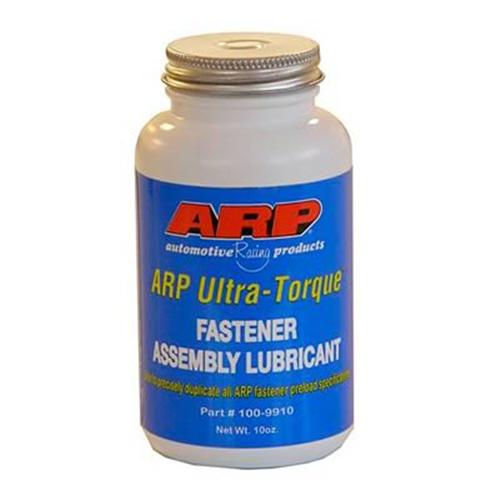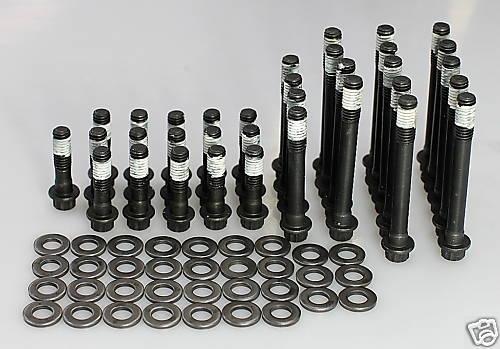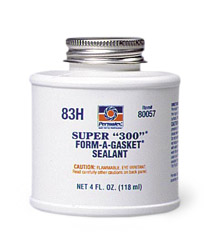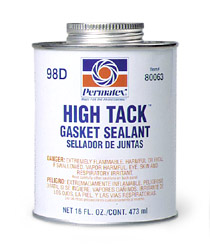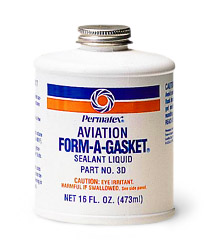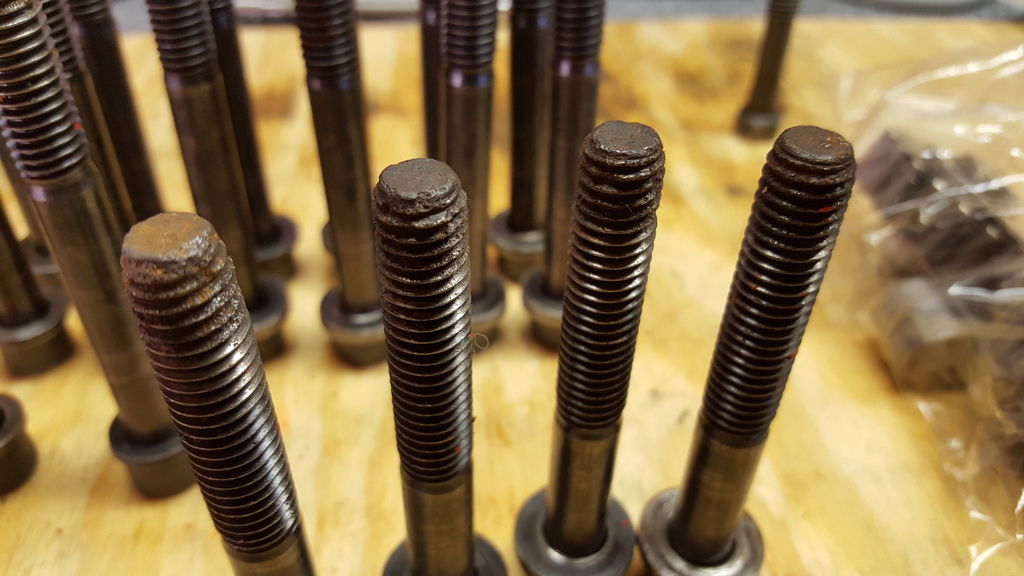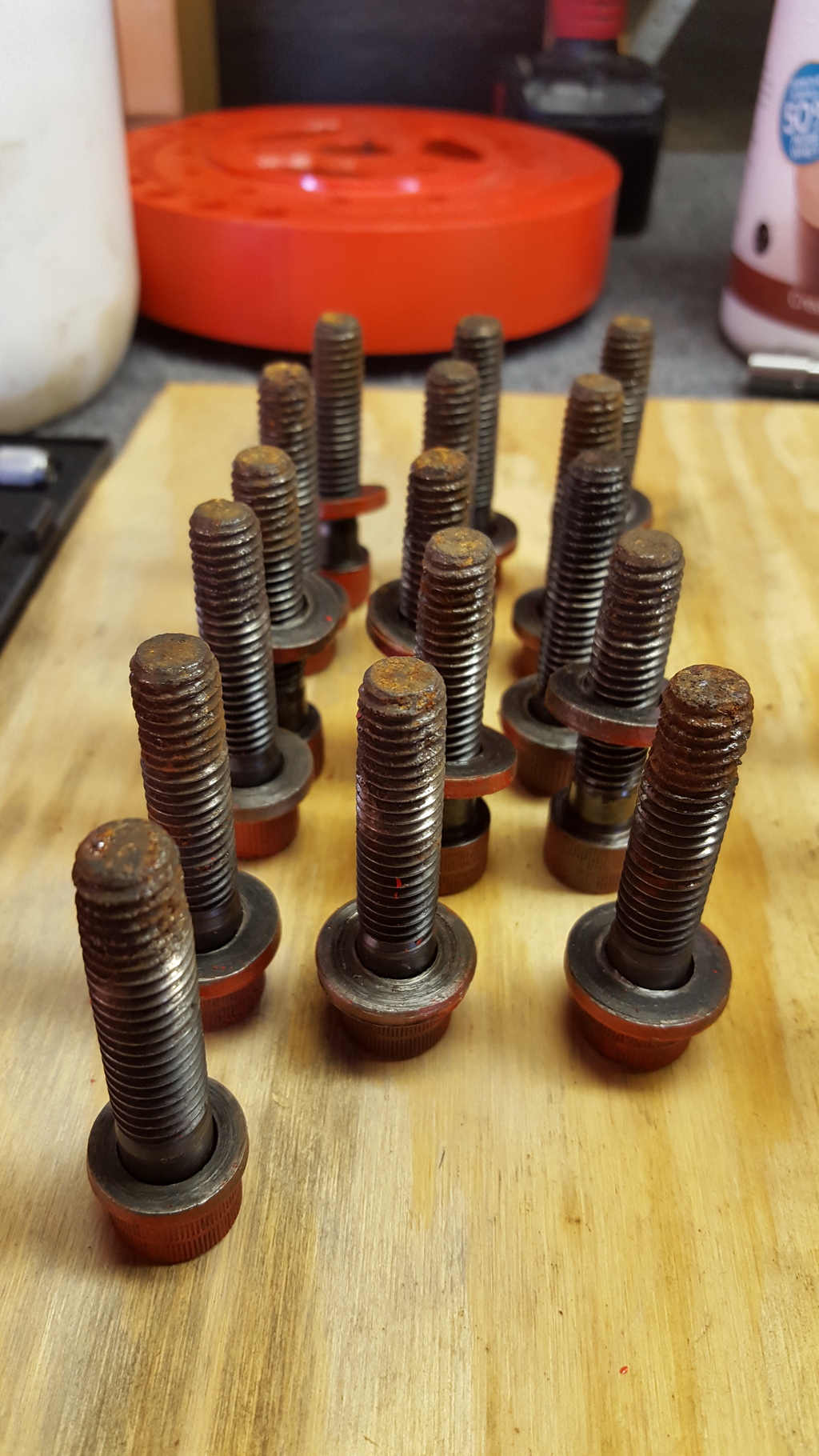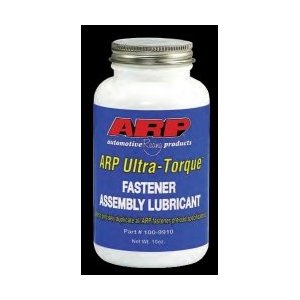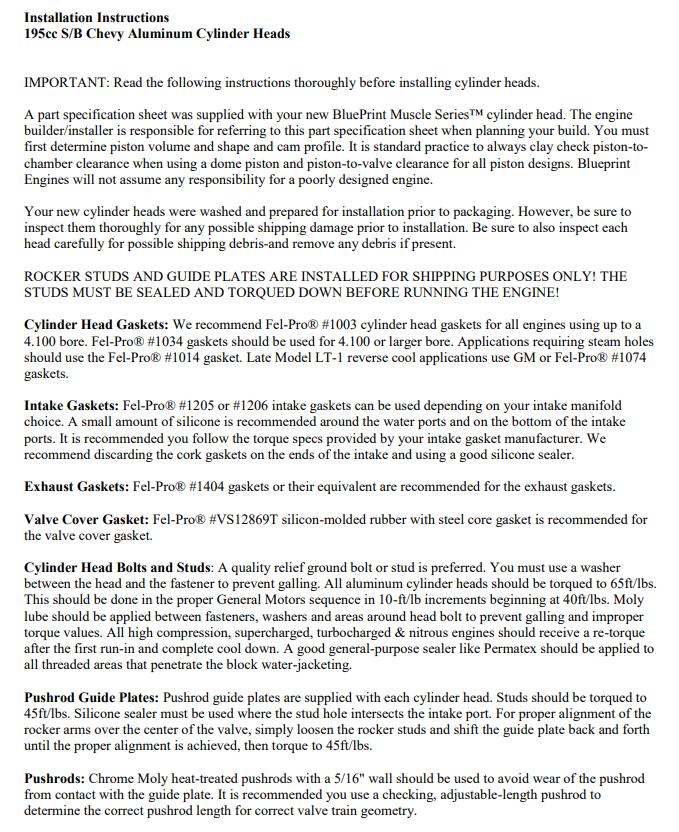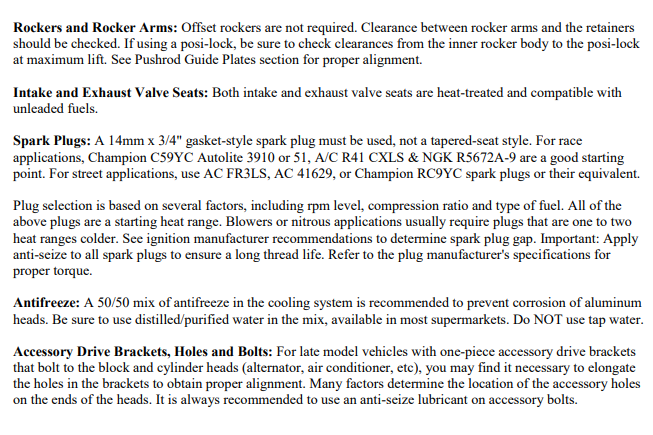I,ve never tried to mis-match timing chains and cams between the older gen 1 block and installing a gen II step nose cam,
with its matching upper and lower timing gear and chain. on the older Gen1 engine
but I have provided info
http://garage.grumpysperformance.co...ped-nose-cam-in-early-block.14182/#post-71937
with its matching upper and lower timing gear and chain. on the older Gen1 engine
but I have provided info
http://garage.grumpysperformance.co...ped-nose-cam-in-early-block.14182/#post-71937

